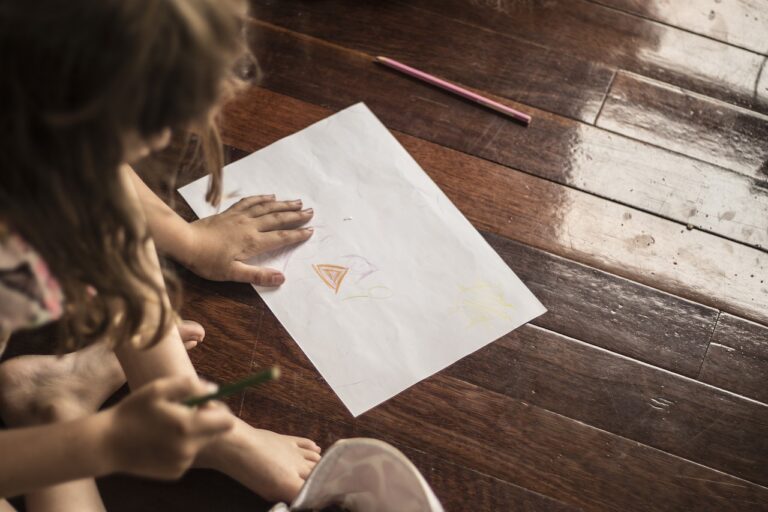The Role of Environmental Education in Child Development: 11xplay new id, India 24 bat, Skyinplay live login
11xplay new id, india 24 bat, skyinplay live login: Environmental education plays a crucial role in the development of children, helping them to understand and appreciate the world around them. By learning about the environment, children can develop important skills and values that will benefit them throughout their lives.
Here are some key ways in which environmental education contributes to the development of children:
1. Building a connection to nature
By teaching children about the natural world, environmental education helps them to develop a strong connection to nature. This connection can foster a sense of responsibility and stewardship for the environment, leading to a more sustainable future.
2. Developing critical thinking skills
Through hands-on activities and exploration, children can develop critical thinking skills as they learn about environmental issues and potential solutions. This can help them to become more informed and engaged citizens.
3. Encouraging creativity and innovation
Environmental education often involves creative projects and problem-solving activities that can help children to think outside the box and come up with innovative solutions to environmental challenges.
4. Promoting physical health and well-being
Spending time outdoors and engaging in activities like hiking, gardening, or nature exploration can help children to stay active and healthy. Environmental education encourages children to be active participants in their own health and well-being.
5. Fostering a sense of empathy and compassion
Learning about the impact of human activities on the environment can help children to develop empathy and compassion for other living beings. This can lead to a greater sense of social responsibility and respect for all forms of life.
6. Cultivating a sense of wonder and curiosity
Environmental education can help children to develop a sense of wonder and curiosity about the world around them. This can inspire them to ask questions, explore new ideas, and seek out knowledge throughout their lives.
In conclusion, environmental education plays a vital role in the development of children, offering a range of benefits that can have a lasting impact on their lives. By fostering a connection to nature, developing critical thinking skills, encouraging creativity and innovation, promoting physical health and well-being, fostering empathy and compassion, and cultivating a sense of wonder and curiosity, environmental education provides children with the tools they need to become informed, engaged, and responsible citizens.
FAQs:
1. What age should children start learning about environmental education?
It’s never too early to start teaching children about the environment. Even very young children can begin to develop a connection to nature through simple activities like gardening, nature walks, and exploring natural materials.
2. How can parents support environmental education at home?
Parents can support environmental education at home by modeling sustainable behaviors, providing opportunities for nature exploration, and discussing environmental issues with their children. Simple actions like recycling, composting, and conserving water and energy can help children to understand the importance of caring for the environment.







